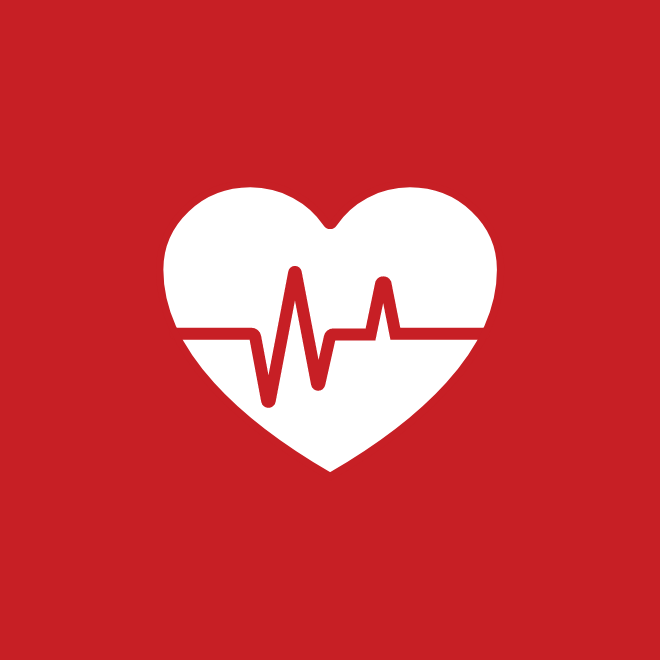How to improve social wellness
Physical wellness includes:
- A healthy body
- Good physical health habits
- Nutrition
- Exercise
- Appropriate health care
There are may ways to improve physical wellness such as choosing things that make our body feel good and trimming back the things that bring us down. We can also feel better by creating a routine that balances activity with inactivity, and that is manageable within our obligations and needs. Our body is intelligent, and learning to listen to it more deeply may be very important and empowering.
Following are some questions you can ask yourself and strategies that can help you improve your physical wellness. As you think about the questions and strategies, make a list of the things you will do and the things you may need to help achieve wellness in this area.
Questions related to nutrition
- Do you have access to fresh, healthy food?
- Are you in a position to eat at home so you can better track what you are putting into
- your body?
- Are you improving your diet by setting small goals for small changes each day, week, or
- month?
Strategies related to nutrition
- If you are pregnant, have delivered a baby within the past 6 months, are breastfeeding a child under age 1, or are the parent or guardian of a child under age 5 you may be eligible for nutrition education and assistance through SD WIC or other supplemental programs.
- Check out local food co-ops if one is in your area for good, affordable food.
- Visit USDA’s My Plate or Food Pyramid.com.
- Meet with dietitians and nutritionists if you need help, or try programs like Weight Watchers.
- Explore self-help support groups and organizations, like TOPS or Overeaters Anonymous.
Questions related to physical activity
- Are you getting regular physical activity whenever you can, and making it fun?
- Have you been taking “shortcuts” to exercise, like parking further away from the store and taking the stairs instead of the elevator or escalator?
- Have you identified your healthy Body Mass Index and begun working toward it, one day
- at a time?
Strategies related to physical activity
- Walking is one of the easiest ways to increase physical activity and you don’t have to exercise for hours to get immediate benefits– you just have to move more.
- Join and visit local gyms, YMCAs, and fitness clubs, or join a neighborhood pool.
- Look through fitness and other magazines for exercises you can do at home.
- Check out free resources, such as YouTube, to learn how to do yoga or other exercises.
- Search for tracking tools like myfitnesspal.com that will show how far you’ve come.
Questions related to sleep
- Are you getting 7 to 8 hours of sleep a night whenever possible?
- Are you avoiding exercise within a few hours of bedtime, as well as “screen time?”
- Are you avoiding large meals before going to bed?
Strategies related to sleep
- Try managing your routine to carve out time to rest and sleep, and cut back on caffeine.
- Explore sleep tips from HealtySD, CDC, and Mayo Clinic.
Questions related to alcohol, tobacco & other drugs
- Have you tried tools that can help you cut down or quit using tobacco products, alcohol, or other drugs?
- Are you reaching out to family or friends instead of using substances when you are going through a tough time?
- Are you being mindful of triggers that make you want to use substances and do you have a plan that can help you avoid them?
Strategies related to alcohol, tobacco & other drugs
- Call (1-866-SD-QUITS) or visit the SD Quitline for FREE coaching and cessation services.
- Call the SD Resource Hotline (1-800-920-4343) or visit AvoidOpioidSD for information on services, treatment and support.
- Find support groups and 12-step groups, like Alcoholics Anonymous (AA) and Narcotics Anonymous (NA), in your community and attend meetings.
- Consider engaging in hypnosis or acupuncture to curb the smoking habit.
Questions related to medication safety
- Do you wear medical alert jewelry to help others help you?
- Are you storing medications properly and reviewing the expiration dates?
- Do you carry a list of your medications with you in case of emergency?
Strategies related to medication safety
- Talk to your doctor, using a process of shared decision making when you are unsure about a prescription or need guidance.
- Get a FREE medication lock box to ensure medication is stored safely.
- Learn how to recognize the symptoms of overdose and keep naloxone on-hand.
- Learn about safe medication disposal.
- Learn more about potential side effects from ConsumerMedSafety.org
Questions related to preventative medicine
- Do you visit your doctor, dentist, or other health care provider for routine care and monitoring?
- Do you know how to check your blood pressure, waist circumference, and blood sugar to prevent chronic conditions like diabetes?
Strategies related to preventative medicine
- Discuss preventive health care with your doctor, dentist, or other health care provider.
- Visit your local public health center and use HRSA Find AHelpCenter to find the closest location to you.
- Consider seeing a holistic health provider or attending community health fairs.
Source: Creating A Healthier Life, A Step By Step Guide to Wellness
Substance Abuse & Mental Health Service Administration (SAMHSA)
www.samhsa.gov

